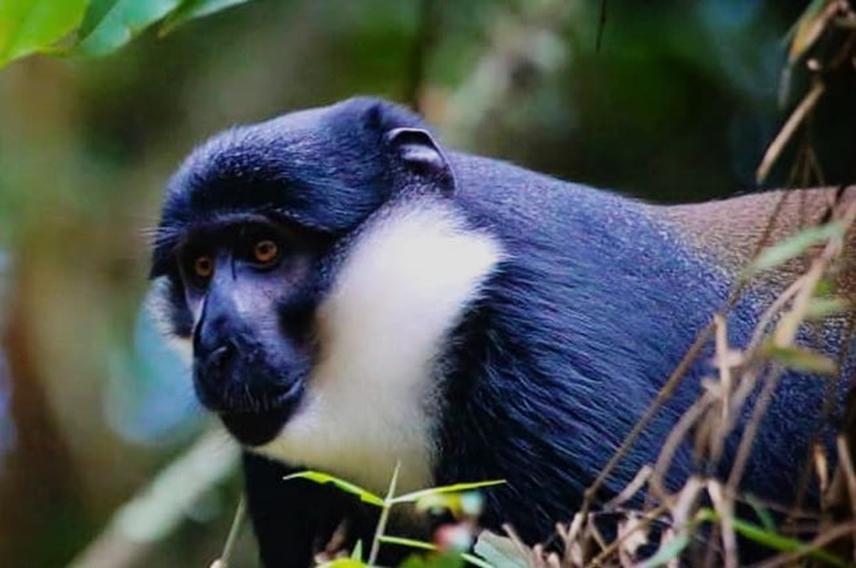Bruce Ainebyona
Other projects
Irrespective of its rich biodiversity and ecological importance, Magombe and its tributary wetlands do not have firm government protection as it is with National Parks or game reserves. Therefore, there is increased pressure on the wetland from humans, which has caused increased interaction between humans and the non-human primates thus causing human- primate conflicts in some areas, which is likely to cause negative attitude towards the wildlife (Hartter, 2009., Larson, 2016., Kolinski, 2021)
Under the project, we will train a team of locally based staff in primate monitoring, who will acquire more information on the dynamics and behaviour of different primates. The project team will also assess if there are any negative interactions that occur between humans and the non-human primates in Magombe and its tributary wetlands, and then identify ways how these negative interactions can be mitigated, while focusing on awareness and alternative sustainable livelihood projects for local communities in the target area.

L'Hoest's Monkey in main magombe wetland. © Ronald T.
The project will also support communities who have encroached small primate corridors with alternative sustainable livelihood options, and boost an already existing revolving fund program, where wetland neighbours can borrow money at an interest free basis to enable continuity and sustainability of the promoted alternative sustainable livelihoods.
This information collected during primate monitoring program will enhance conservation of the different primate species, and other wildlife in the area but will also enrich the Eco-tourism department of Kibale Association for Rural and Environment Development (KAFRED) through better interpretation.
These efforts will hopefully in the long-term help in ensuring that the primate populations in these wetlands and forest patches are not isolated from the bigger populations in Kibale National Park. In addition, local community members will be able to learn more about how they can co-exist with the primates and other wildlife.
Header: An Olive Baboon with a young one near one of the local community gardens.